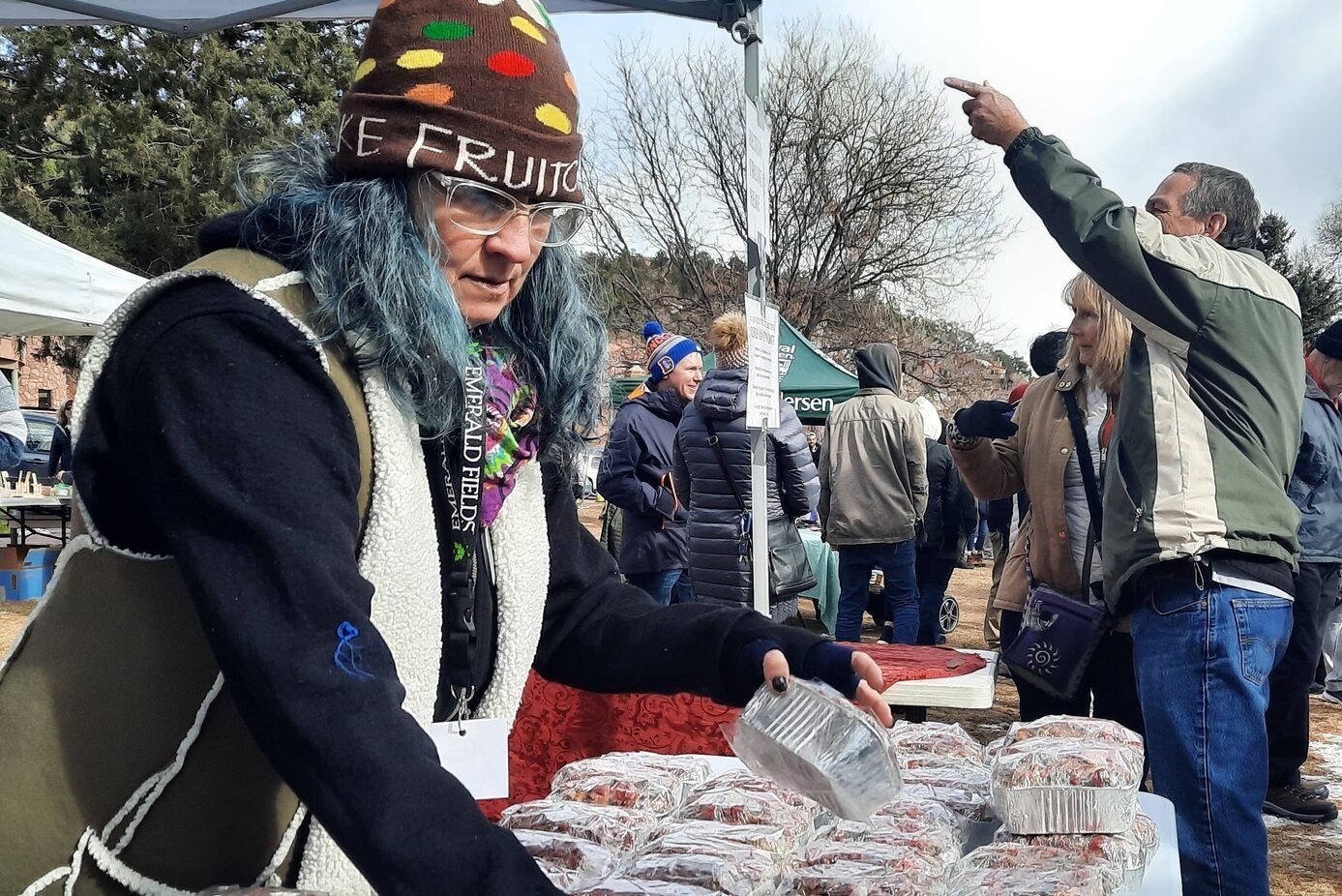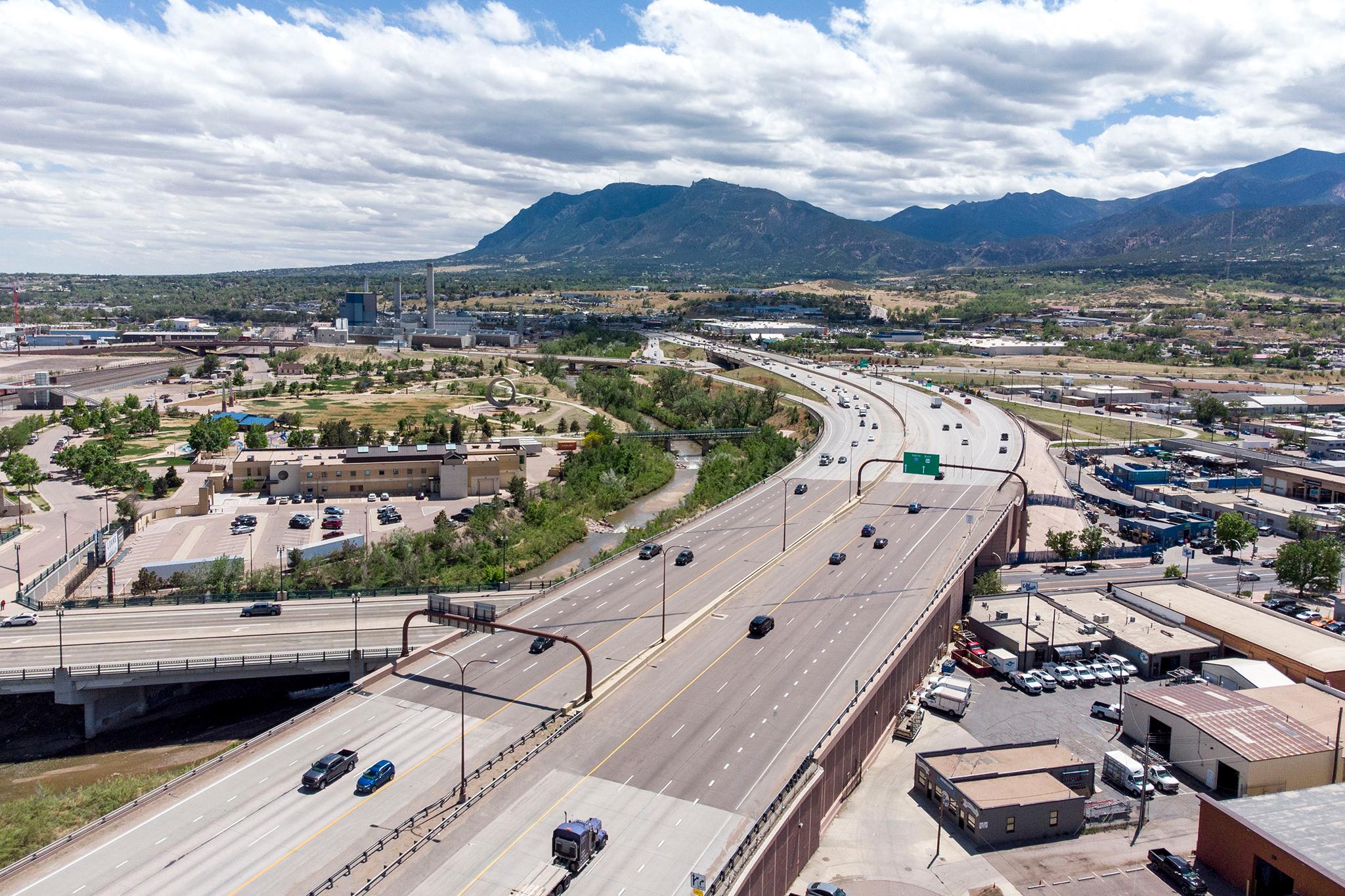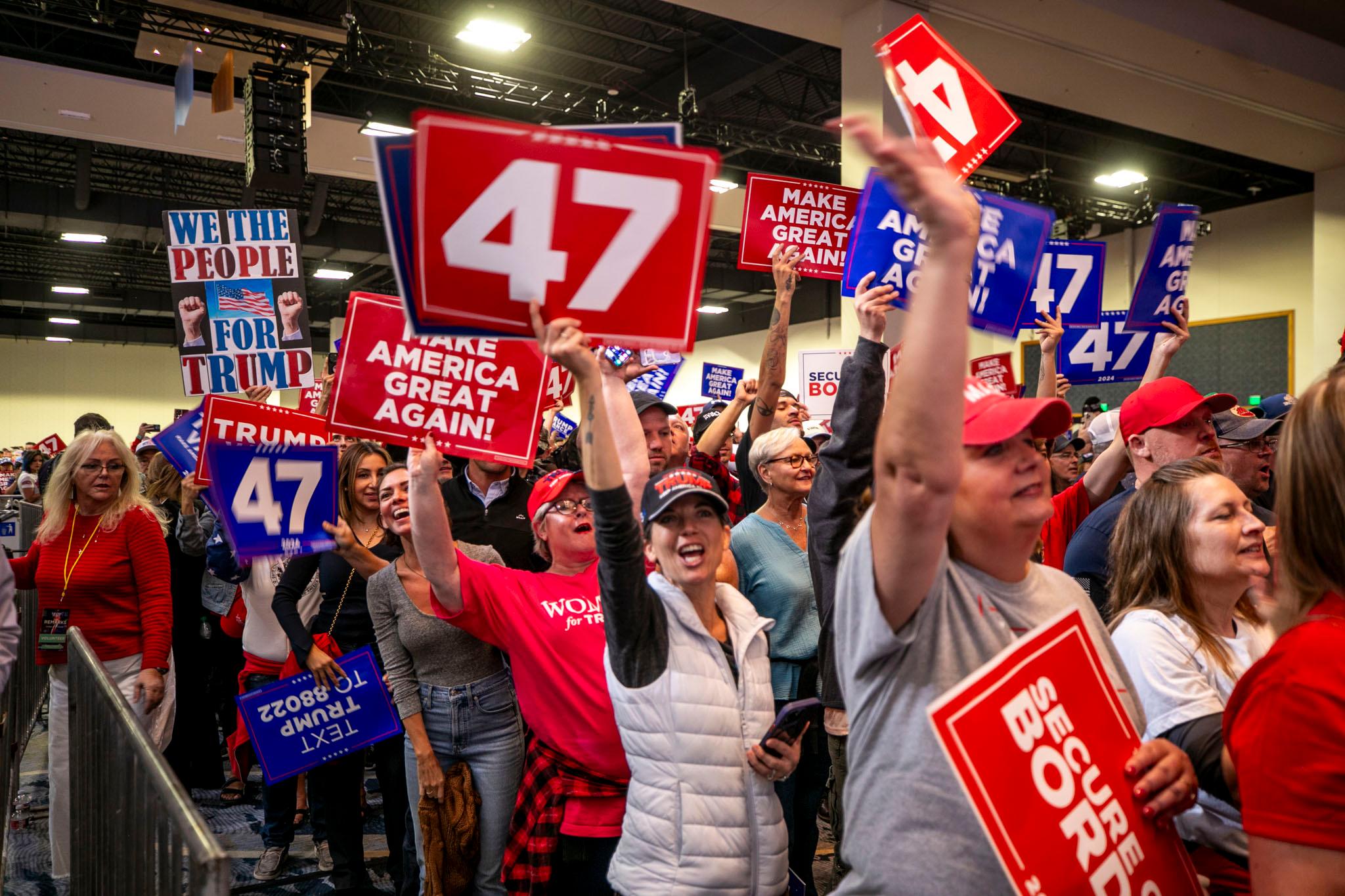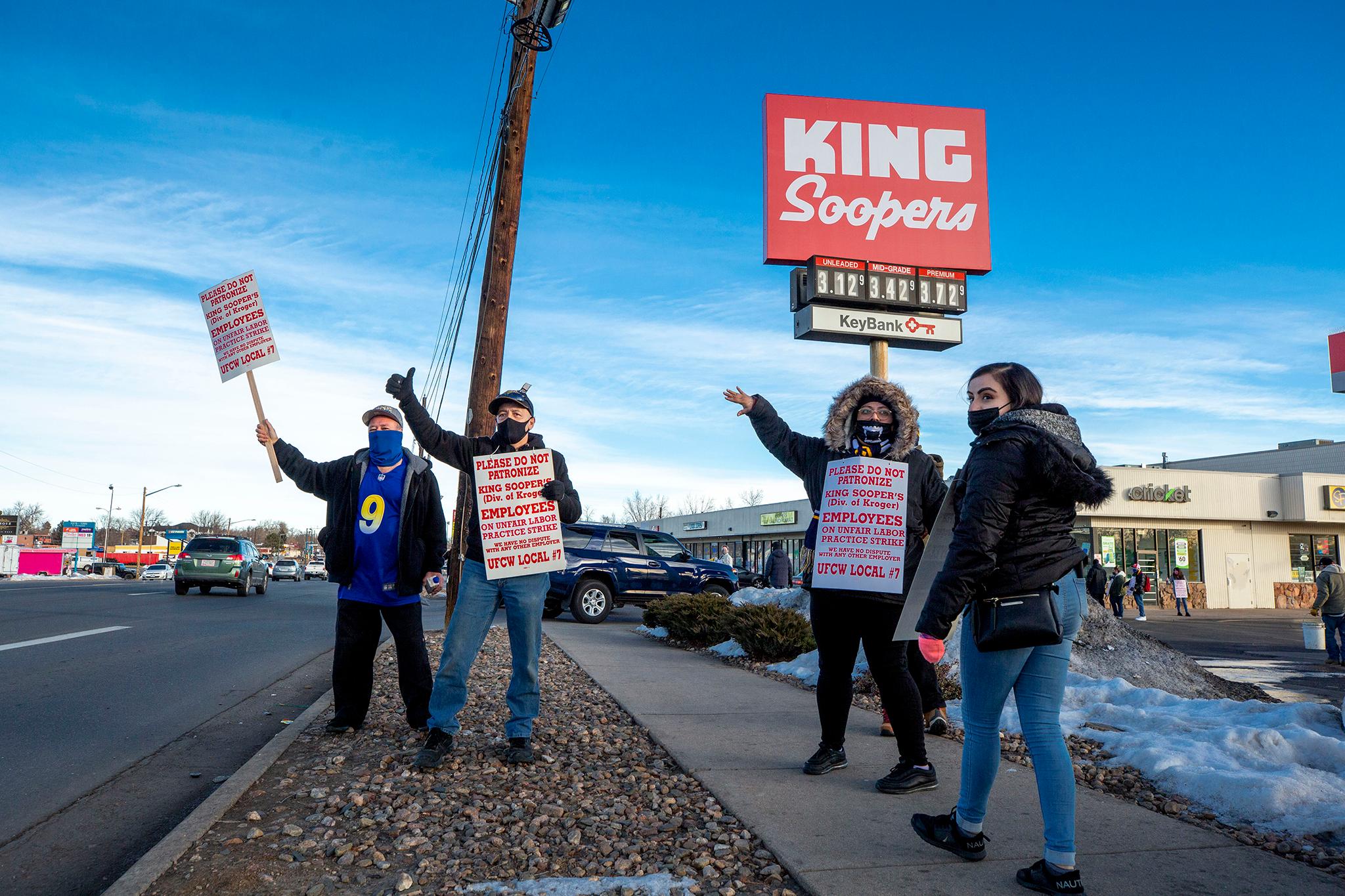
Three years before Martin Luther King, Jr. was assassinated on April 4, 1968, he led a march from Selma, Alabama to the state Capitol in Montgomery. Sheldon Steinhauser was one of the marchers that day. He tells Colorado Matters about his memories of meeting King, as well as learning the news of King’s murder, and Steinhauser’s social activist work in Denver.
Those were turbulent times in Colorado and across the nation. It was the same year that Robert Kennedy was assassinated, that Americans learned of the My Lai massacre in Vietnam, and that President Lyndon Johnson abandoned the opportunity to run to remain in the White House. Riots were breaking out across the country.
Interview Highlights
On what it was like to join Dr. King's march to Montgomery in 1965:
"We were escorted to the encampment by a state patrol car, where one of the officers gave us the finger which didn't exactly make us feel very comfortable about being there. One of our people was almost run down by a truck driver. So it was 'Welcome to Montgomery' at that time. ...
"Some of us walked to the front of the encampment where Dr. King was sitting with a couple of his supporters. We just introduced ourselves, and I said, 'Dr. King, we are here from Colorado to support the wonderful work you are doing here.' He got up and shook our hands, and said, 'Thank you very much for coming,' in a very humble kind of a tone. Just meeting him, the whole feeling that here was the center of this movement of thousands of people, and we had this opportunity to just introduce ourselves and meet him. It was one of the powerful moments in my life."
On what marching into Montgomery was like:
"[Black Alabamans] were so grateful to us for being there to support them. We were the ones who were very grateful to them. We can just imagine all of the filming that was going on and identifying who these very gutsy blacks were who were doing this and we didn't know what would happen to them after. So those were powerful reminders that we're here as 24-hour heroes, as we used to call ourselves. We go back to the safety of Colorado. But they remain there as victims of all of the oppressive forces that were going on. I'll never forget that moment."
On why he was interested in social justice:
“I was a pre-medical student but dropped out after a short period of time because I knew that wasn't what I wanted to do. I wanted to do something that would really contribute to a better world. So I organized a conference on my campus about discrimination in fraternities and sororities. I met students from all over the country, including the south. I did a lot of listening. I wanted to see what is was that these students were thinking in terms of coming from areas where racial segregation was so strong and race was just so much a part of the culture. Along the way, that became my life."
On the outcomes of the Civil Rights movement:
“I’ve been disappointed. But I’ve learned that despair solves nothing. I've always been a positive thinker and I've looked back at what was accomplished during that whole period. Greater protection for the rights of the people of color. Increased voter registration. More students in college. More students graduating. More people of color in the workplace. So on the one hand, I'm disappointed that we couldn't do more, and didn't do more. And on the other hand, race is very endemic in society. It is not something that gets turned away easily. You have to fight it for the long haul, not just for the short haul. So I'm optimistic."
On what he thinks today's young people face:
“I think their task is to really resist the oppressive forces that are in our society. I think their task it to overcome some of the continuing racial barriers that still exist. I think their task is to see themselves as a new generation that is not wedded to the traditions of the past and has the opportunity to make life better for a great many people in society."









